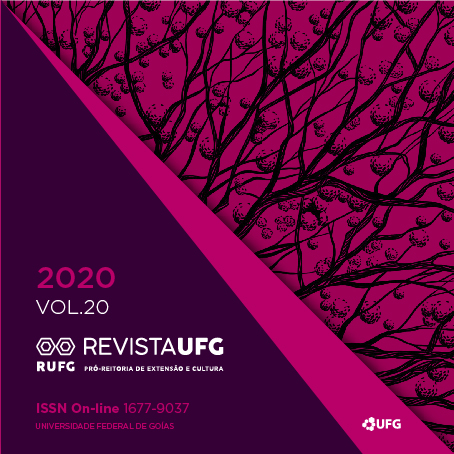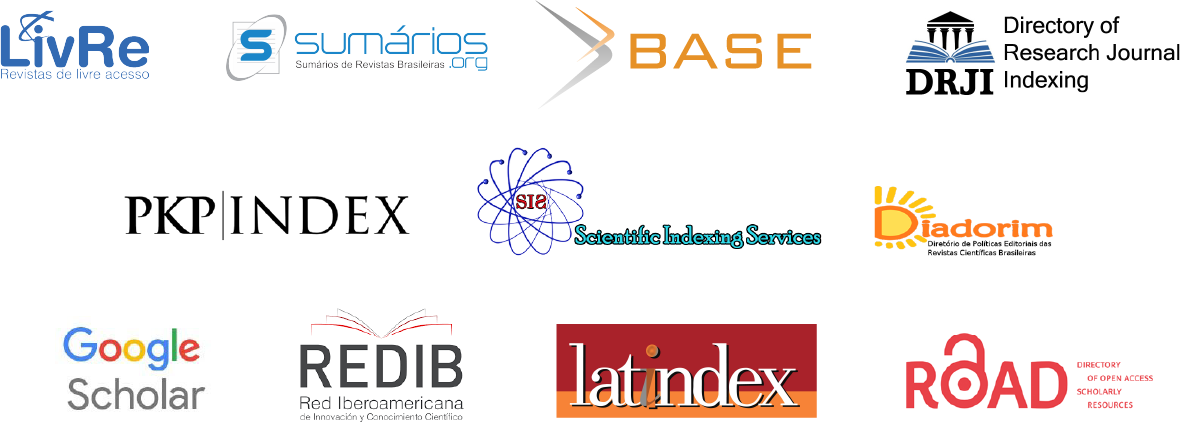Fear, infodemic and desinformation
the discursive timeline about coronavirus on social networks
DOI:
https://doi.org/10.5216/revufg.v20.66593Abstract
This article maps and analyzes the first narratives about the emergence of the new coronavirus elaborated in Portuguese and English on Twitter. For this, we collected through big data, the messages containing the word coronavirus, on three dates: Janu-ary 14, 21 and 28, 2020. Using data mining, we processed 122,026 posts in Portuguese and 934,095 in English. We observed that alre-ady at the beginning of the pandemic, there is a predominance of an epidemiological vocabulary that expresses feelings of alertness, concern and anger about the contagions that started in Wuhan, China. Still in January, these spread across Asia, Europe and the United States. From this methodology that maps the narratives in the chronology of the networks (which we name discursive timeli-ne), we conclude that living the fear of the unknown is the shared emotional basis that guides the behavior of those who turn to so-cial networks in search of (dis)information and conversation about the pandemic.
Downloads
Downloads
Published
How to Cite
Issue
Section
License
Revista UFG uses the Creative Commons CC-BY (4.0) - Attribution 4.0 International license for open access journals (Open Archives Initiative - OAI) as a basis for transferring rights.
Authors who publish in this journal agree to the following terms:
1) Authors may distribute, remix, adapt and build upon their work, even for commercial purposes, as long as they give UFG proper credit for the original creation. Authors may copy and redistribute the material in any medium or format.
2) Authors are allowed and encouraged to publish and distribute their work online (e.g., in institutional repositories or on their personal page) at any point before or during the editorial process, provided that reference is made to the place of publication origin, that is, the electronic address/reference of Revista UFG.
3) The authors of works published in Revista UFG are expressly responsible for their content.
4) All works submitted to Revista UFG that have images, photographs, figures in their body must be accompanied by a term of assignment of copyright of the author, of the participating member of the image and, in the case of children, of the relatives of the exposed children , with their data and signature.
Access the IMAGE USE AUTHORIZATION TERM document here.










